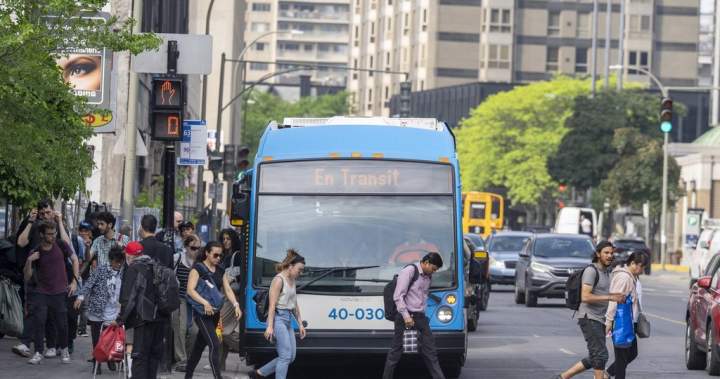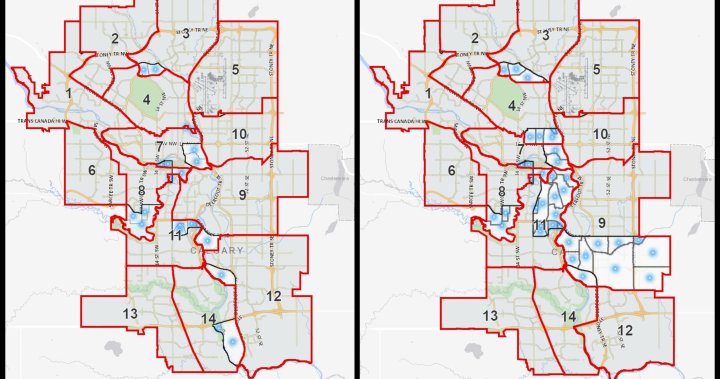When the Humboldt Broncos hockey team bus collided with a semi-truck in Saskatchewan in April 2018, 16 people died.
It was found to have been caused by an inexperienced and undertrained semi-truck driver, and prompted a number of provinces including Alberta to introduce plans to launch mandatory entry-level training (MELT).
MELT requires new Class 1 drivers to complete more than 100 hours of driver training.
The Alberta government has announced that a new “learning pathway” will replace the Mandatory Entry Level Training, which has been in place since 2019.
MELT has been identified by the trucking industry as a factor contributing to driver shortages, due to increased time and costs of the recruitment process.
Robert Harper, president of the Alberta Motor Transport Association, says there are 4,000 current job vacancies. He says the MELT program has been expensive.
“It’s added a lot of cost, but hasn’t really, I don’t believe, achieved the desired outcomes of improving the quality of the drivers,” Harper said.
Harper said the changes announced by the province will put more focus on skills, and safety should improve.
“The changes put us into a new pathway that would get people focused on skills rather than just hours of training. It will produce better, professional drivers,” Harper said.
Starting in March 2025, applicants will work towards obtaining a Red Seal designation and the recognition as a professional trade while getting on-the-job training in the same vehicle they would be using in their career.
Breaking news from Canada and around the world
sent to your email, as it happens.
Minister of Transportation and Economic Corridors Devin Dreeshen says the new pathway will provide more appropriate training for certain industries, increased in-cab training hours and an expanded scope of training.
Carol Brons’ daughter Dayna died in the Humboldt bus crash.
She supports the changes being proposed if they do in fact lead to a more competency-based program with more in-depth skills training, but she says more can be done.
Brons, who is a director with the group Safer Roads Canada, said there isn’t a good system in Canada for reporting across provinces when it comes to drivers’ records.
“That’s probably one of our biggest loopholes in Canada is the fact that you don’t have to have a good record in one province to get a license in another province or a carrier can get insurance in another province,” Brons said. “We are not doing everything we can for safety.
“MELT has always been more of a stopgap measure in our eyes. We think there’s always room for improvement, especially now as we’re getting closer to April 6 again. It will be the sixth anniversary of the Broncos crash.
“It’s very important for me to have changes that make our road safer,” Brons said.
As of April 1, Alberta’s Class 1 licensing and training changes will exempt the province’s farmers and their immediate family from MELT, providing them with a farm-restricted Class 1 driver’s license.
This will allow them operate Class 1 vehicles within Alberta alone, and for authorized farm purposes only.
© 2024 Global News, a division of Corus Entertainment Inc.



